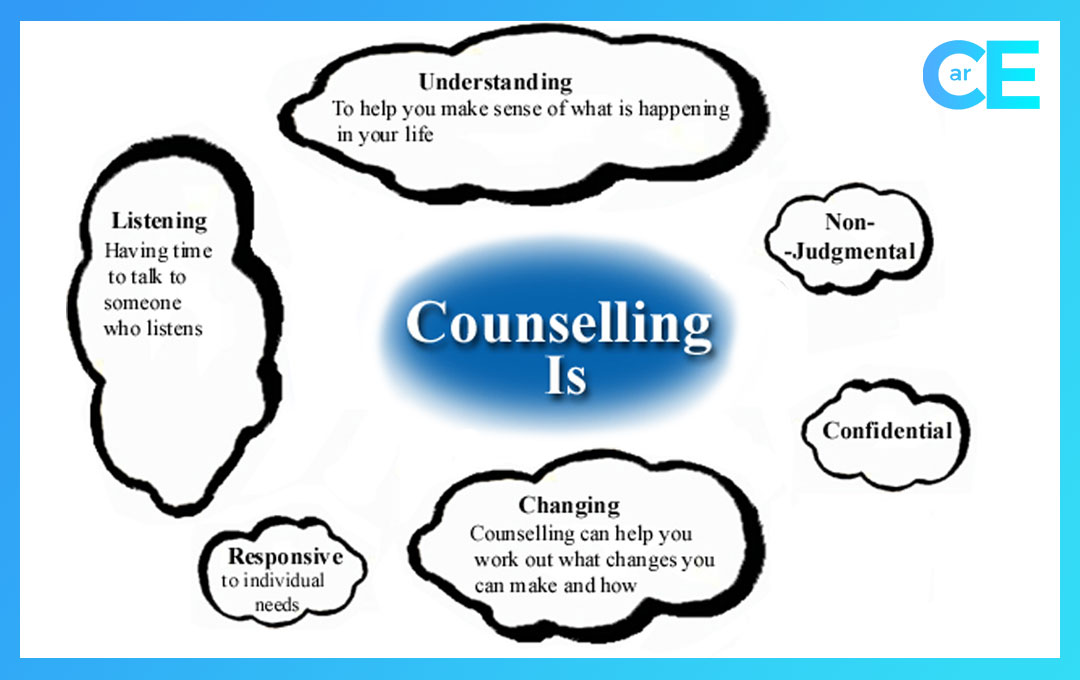What is Counselling?
Counselling is a space where you can unpack your emotions, be honest and open about them. Like a pressure cooker, you can take off the lid and let them out. You can talk about your hopes and fears, you can share your feelings of loss, anger, frustration or isolation. You can sit with your feelings of shame and guilt and process them.
Talking with a counsellor offers a safe cocoon, a space to vent, a sounding board, a place where it is safe to honestly sit with your emotions, cry, shout, talk, whatever you need to see you through.
What to expect from Counselling
Your counselling experience will be unique to you. We are all unique individuals jostling our lives with others – family, friends, work and so much more. Sometimes there is so much going on externally that we stop looking internally. Your ability to manage emotions, cope with your feelings, understand your feelings or how you see the world may become blurred through life experiences from childhood to today.
Here are some ideas of what to expect from counselling:
- Talking in space where you build a relationship of trust with your counsellor. As your therapeutic relationship builds you will be able to look at your life, yourself and understand who you are.
- Exploring your present life and reflecting on your past.
- Recognising patterns of behaviour.
- Learning how you process emotions, respond to others and receive others emotions and processes.
What does Counselling support?
Counselling will support you! Counselling is a myriad of things which you experience, for example:
- How you are feeling in the moment right now but understanding how you learnt to feel that way.
- Reframing your current life and seeing it in a different frame which is enlightening, refreshing and invigorating.
- Learning who you are so you are able to be a better version than the one you have been for ‘all this time’.
- How to be more resilient and able to cope with being overwhelmed.
- Recognising loss and grief not just from a recent bereavement necessarily but from experiences in your life which have been left unprocessed.
- Processing unresolved trauma from your past.
- Looking at those moments in your childhood which have moulded your future.
- Understanding what emotions drive you and what they truly mean for you.
- If you think you are ‘not good enough’ it is about understanding where the roots of this belief stem from and realising that you ‘are good enough’.
- It is about looking in the mirror and seeing the reflection of your authentic self clearly without any fog, wall or barrier preventing you from being your authentic self.
- It is about clarity, building self-esteem, becoming self-aware and being able to find your ‘happy place’ again.
These are all examples of what counselling can do to support you. Counselling is talking therapy and like a river after a storm it may flow with vigour in many directions but will eventually slow to a meandering stream of calm which you will love and recognise as ‘me’.
Find your stream, find who you are. Remember your feelings do not own you, you own your feelings! Find a way to be OK with how you feel and understand why you feel the way you do, when you do.
If you are looking for a counsellor to support you, get in touch and book your initial consultation.

